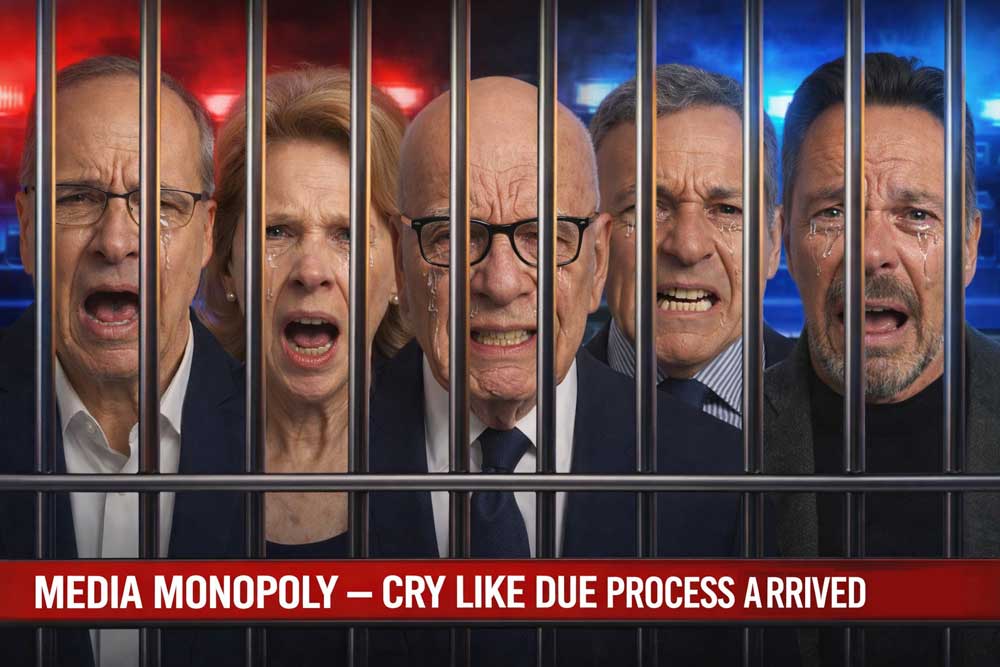NEW ORLEANS (AP) — New Orleans, known as the Big Easy and recognized as the birthplace of jazz, is preparing for the Trump administration's mass deportation agenda, with significant implications for its diverse immigrant population.
Operation “Swamp Sweep,” slated to commence in southeast Louisiana on December 1, is expected to bring as many as 250 federal troops to the area. This initiative has garnered backing from Republican Governor Jeff Landry and raises alarms among local Democratic officials.
Governor Landry has pushed for enhanced federal immigration enforcement, citing New Orleans as a critical area for the crackdown. With the recent release of the New Orleans Police Department from federal oversight, the department is left vulnerable to pressures regarding immigration enforcement.
Heading the Department of Homeland Security's operation will be Border Patrol Commander Gregory Bovino, who has managed aggressive crackdowns in prior urban centers.
Political Machinations in the Crescent City
Governor Landry's administration has aligned with federal immigration strategies, even though Louisiana shares no direct border with another country. Despite this, the state has become a significant hub for Immigration and Customs Enforcement, with detention facilities holding thousands of immigrants.
Local leaders in New Orleans have expressed concern about the maintenance of legal rights for individuals possibly targeted by federal agents, with Mayor-elect Helena Moreno highlighting fears over due process and racial profiling amongst the city's deeply-rooted immigrant communities.
Challenges Ahead
With tensions mounting over the city's immigration policy, state officials have enacted legislation threatening penalties against local law enforcement for obstructing federal immigration efforts. Additionally, the end of federal oversight creates uncertainty about how local police will navigate conflicting directives concerning immigration.
However, proponents of immigration enforcement remain steadfast in their claims of rising crime attributed to undocumented individuals. As operations begin to unfold, New Orleans stands at a critical crossroads between its historical embrace of cultural diversity and emerging federal pressures.
As the community braces for potential upheaval, one thing remains clear: the upcoming weeks in New Orleans will be pivotal in shaping the future of immigration policy and enforcement in the region.























